Turkey through its Cinema
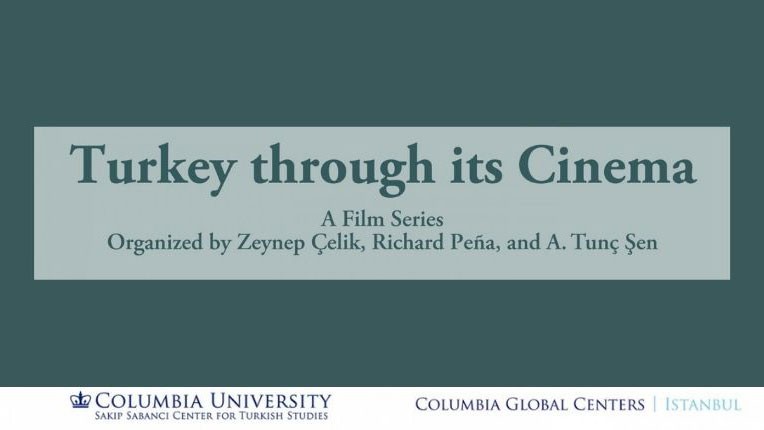
A Film Series Organized by Zeynep Çelik, Richard Peña, and A. Tunç Şen
Sakıp Sabancı Center for Turkish Studies and the Istanbul Center offer a series of conversations on Turkish Cinema during the academic year 2021-2022. Bringing eminent film critics, writers, scholars, and filmmakers together, the conversations will focus on critically acclaimed films, highlighting their global significance and their power to portray Turkey's realities. The six films discussed reflect the socio-cultural and political predicaments of Turkey since the 1960s and represent its rich cinematographic tradition.
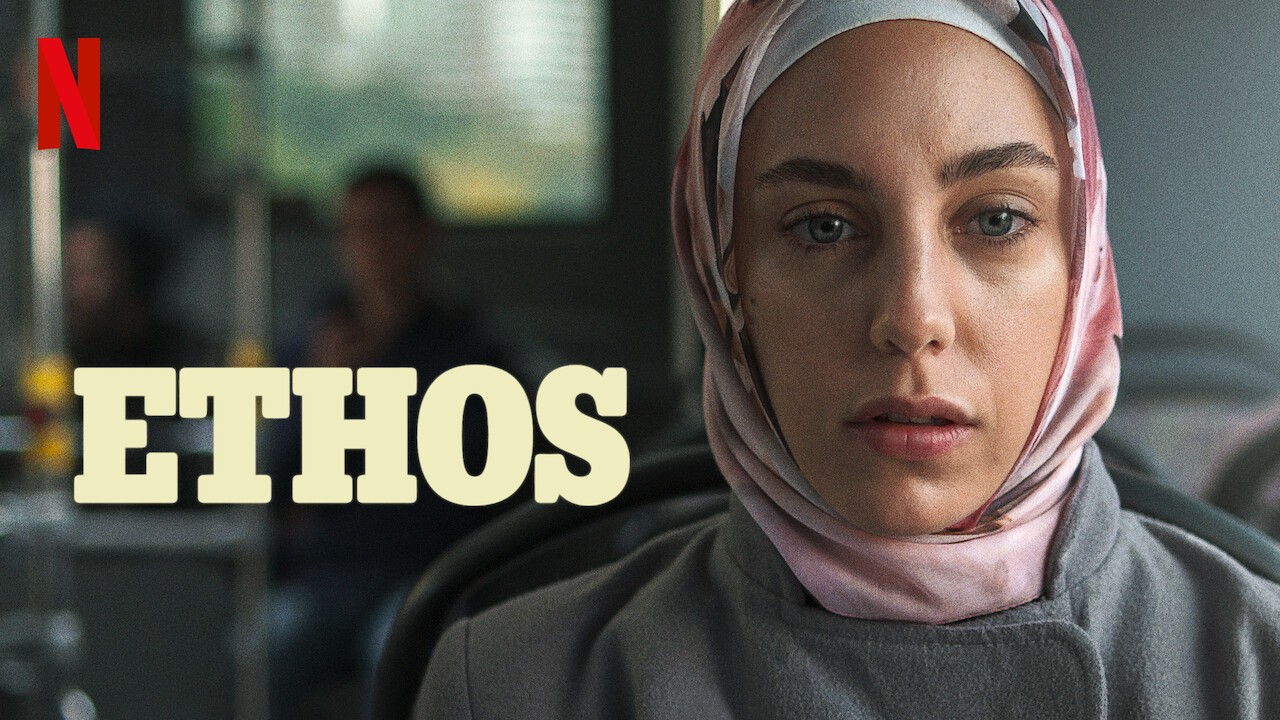
The first panel of the series was on the Netflix Original Series Ethos (Bir Başkadır) directed by Berkun Oya in 2020. The discussion focused on the separate realities of different ethnic communities in Turkey and highlighted the imaginative effort of nation-building across these communities. The discussants suggested that Ethos provides a reflection of interactions of different social groups by putting communities that seem opposite in conversation with each other, instead of zooming in only on the lives of the working class or only on the elite like most Turkish TV shows do and this feature of the series allows the viewers to dismantle their biases and take a glimpse outside of their own “aquariums”. Elif Batuman talked about these aquariums people born into and continue living in and highlighted the power of cinematography in showing us outside of our own aquariums.
Speakers: Elif Batuman, Author; Berkun Oya, Director; Orhan Pamuk, Author
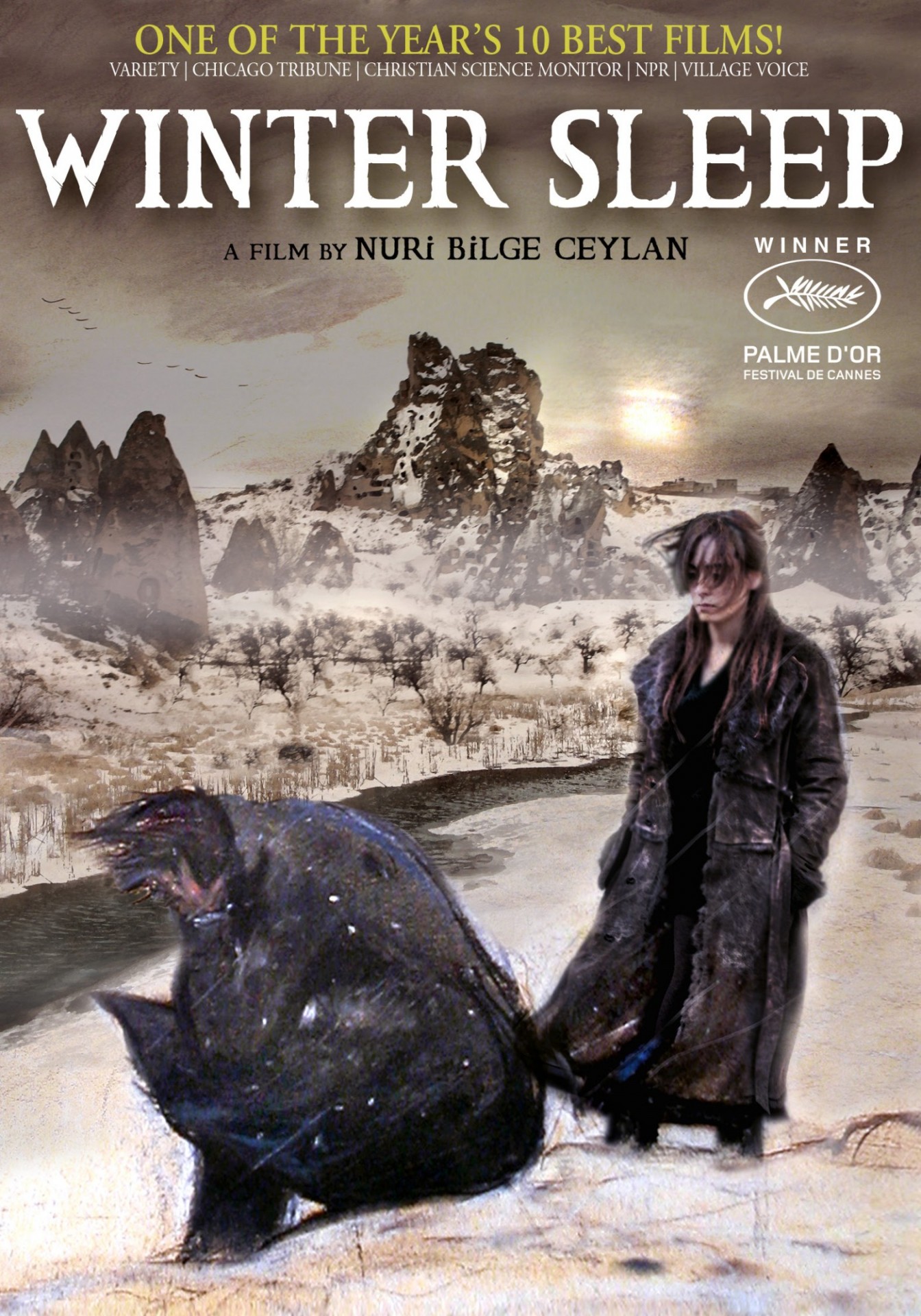
In the second event of the series, discussants talked about Nuri Bilge Ceylan’s Winter Sleep (Kış Uykusu). The discussion started with the setting of the film, both the time and location it takes place in, which led the panelists to talk about the new wave directors. Nuri Bilge Ceylan’s interactions with other directors, his background in theater and art, and how he fits into contemporary Turkey were amongst the topics of conversations. The discussants also reflected on a few unique scenes from the movie and dived deeper into their importance in terms of what they represent to better understand what the movie aims to portray.
Speakers: Stuart Klawans, Film Critic; Orhan Pamuk, Author; Richard Peña, Professor of Film Studies at Columbia University
Watch here.
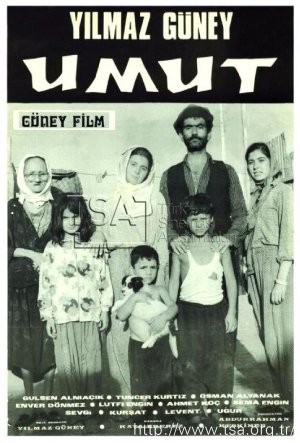
Yılmaz Güney’s Hope (Umut) was the movie the third panel focused on. The discussion began with a wider exploration of the time the film depicts, and how realism as a wave influenced Turkish cinema and its ability to portray real life experiences back in the time of its shooting. The discussion then extended to depict different social aspects of life, such as religion, family, culture, and how they interconnect. The discussants also spent some time talking about Yılmaz Güney, his life and how he compares to other Turkish directors of his time. The panel ended with the film’s impact and success, as well as how different it was received by the left and the right on the political spectrum.
Speakers: Melis Behlil, Associate Professor at Kadir Has University; Hamid Dabashi, Hagop Kevorkian Professor of Iranian Studies and Comparative Literature at Columbia University; Bilge Ebiri, Movie Critic and Filmmaker
Watch here.
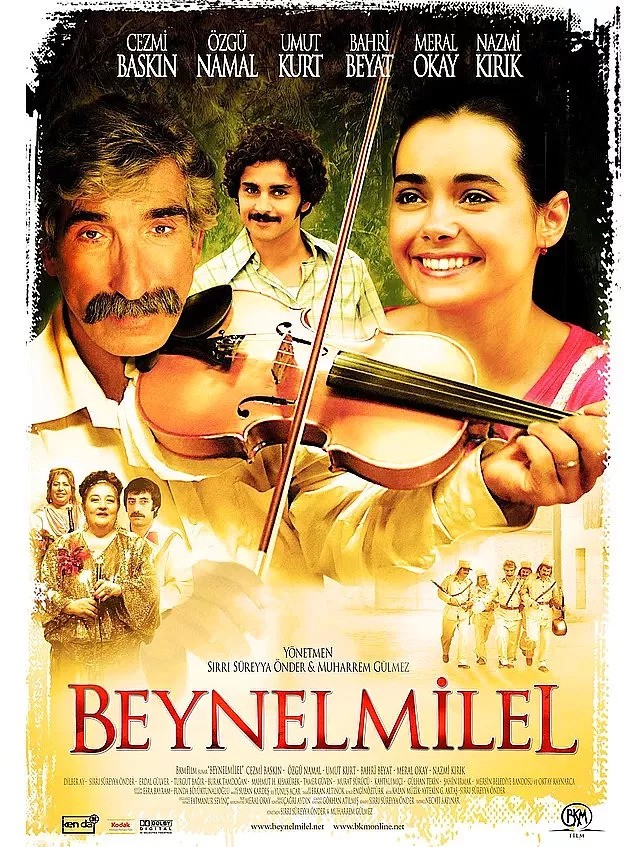
The discussion on The International (Beynelmilel) directed by Sırrı Süreyya Önder started off with Sırrı Süreyya Önder talking about the autobiographical elements in the film, and how his own experience informed the script. The discussion then transitioned to an overall assessment and recollection of the time of the film, and how culture affects cinematography. Sırrı Süreyya Önder and Ece Temelkuran both shared their perspective on why Turkish cinematography should reveal the country's social and political issues, and how artists are responsible for portraying national realities.
Speakers: Bilge Ebiri, Movie Critic and Filmmaker; Ece Temelkuran, Political Thinker and Author; Sırrı Süreyya Önder, Director and Author
Watch here.

The fifth panel on the series focused on Atıf Yılmaz’s 1966 movie, O Beautiful Istanbul (Ah Güzel İstanbul). Being the oldest work discussed in the Turkey Through its Cinema series, the panel highlighted gender dynamics, class struggles, and modernization processes across Turkey at the time of its shooting. The panelists also emphasized the documentary value of the film. Ayla Algan, who is the lead actress in the film, talked about the shooting process, the film set and how O Beautiful Istanbul was received domestically and internationally.
Speakers: Ayla Algan, Actress and Singer; Murat Belge, Academic and Literary Critic
Watch here.
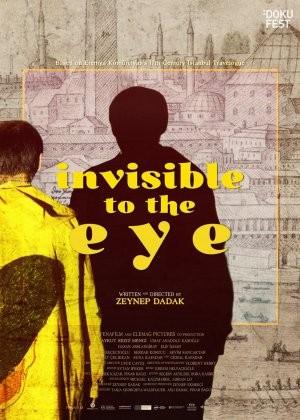
The sixth and final conversation in the series focused on Invisible to the Eye (Ah Gözel İstanbul) directed by Zeynep Dadak in 2020. The discussion focused on the historical value of what the film represents, and how it conveys Turkish social issues to its audiences. Zeynep Dadak gave insights on how the movie was shot and her plans regarding the deleted footage. The discussion also touched upon the reception of the movie by the audiences, and how the pandemic and online release brought about a different pathway.
Speakers: Cemal Kafadar, Historian and Cultural Critic; Fatih Özgüven, Writer and Film Critic; Zeynep Dadak, Director
Watch here.
Contributed by H. Cenker Camcı